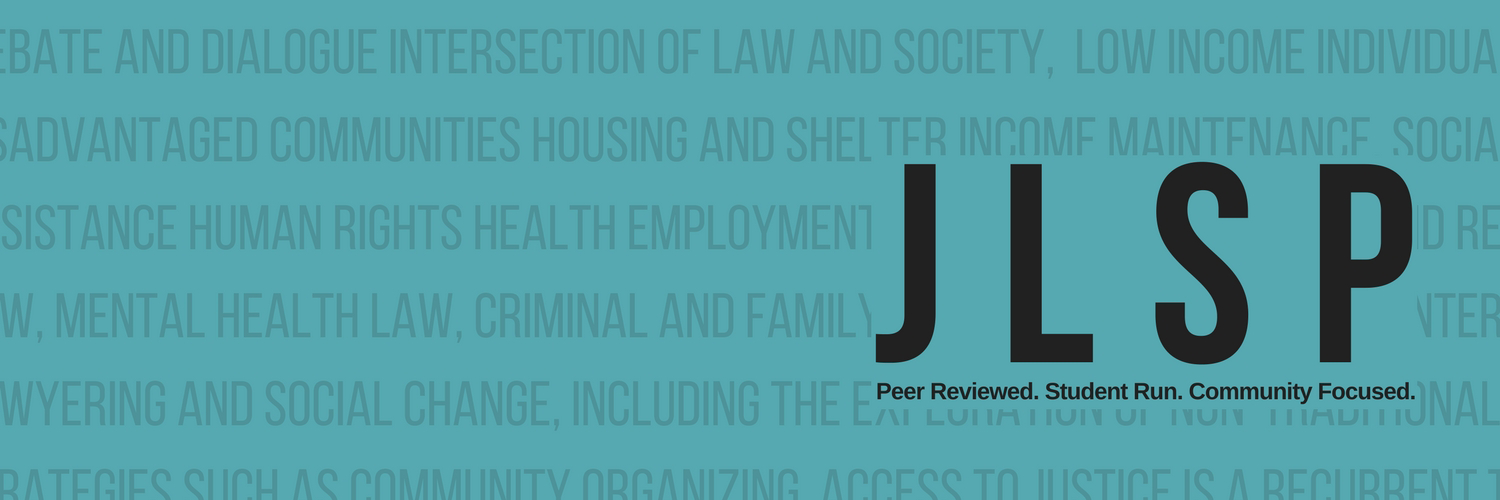
Document Type
Article
English Abstract
Poor conditions of confinement and human rights violations have been commonplace at the Ottawa-Carleton Detention Centre (OCDC) since it opened in the early 1970s. Recently, the deplorable treatment of provincial prisoners at OCDC has been documented in reports by the Ontario Ombudsperson, the Ontario Human Rights Commission, the Independent Review of Ontario Corrections, the Community Advisory Board (established in 2014), the OCDC Task Force (established in 2016) and coronial inquests. Despite the avalanche of recommendations flowing from these reform-oriented interventions, pressing human rights issues persist at the facility—ranging from inedible food to inadequate health care that has contributed to preventable deaths in custody. It is in this context that members of the Criminalization and Punishment Education Project launched the Jail Accountability & Information Line (JAIL). This article explores some of the insights emerging from the first year of the hotline’s prisoner solidarity work, in order to contribute to knowledge on ongoing struggles to reform and abolish incarceration. In so doing, our analysis provides tools that prison justice and abolitionist organizers can use to establish new JAIL hotlines in other localities, or other inside-outside collaborative initiatives, with the goal of making life more bearable in carceral settings, while contributing to the long-term aim of ending human caging.
Citation Information
Benslimane, Souheil; Speight, Sarah; Piché, Justin; and Doyle, Aaron.
"The Jail Accountability & Information Line: Early Reflections on Praxis."
Journal of Law and Social Policy
33.
(2020): 111-133.
DOI: https://doi.org/10.60082/0829-3929.1400
https://digitalcommons.osgoode.yorku.ca/jlsp/vol33/iss1/6
